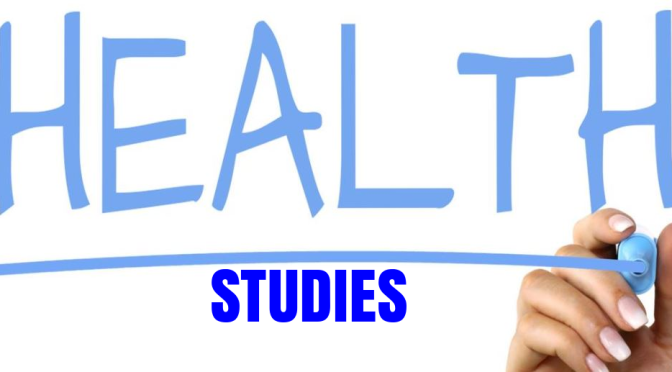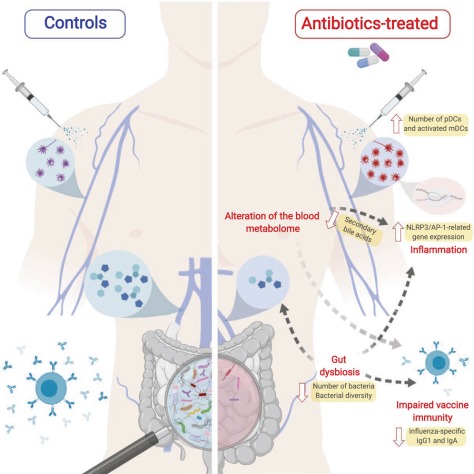We don’t know where consciousness comes from. And we don’t know whether animals have it, or whether we can detect it in patients in comas. Do neuroscientists even know where to look? A new competition aims to narrow down the bewildering number of theories of consciousness and get closer to finding its biological signs by pitting different theories against each other in experimental settings. Freelance journalist Sara Reardon talks with host Sarah Crespi about how the competition will work.
 In our second segment, we talk about how we think about children. For thousands of years, adults have complained about their lack of respect, intelligence, and tendency to distraction, compared with previous generations. A new study out this week in Science Advances suggests our own biased childhood memories might be at fault. Sarah Crespi talks with John Protzko of the University of California, Santa Barbara, about how terrible people thought kids were in 3800 B.C.E. and whether understanding those biases might change how people view Generation Z today.
In our second segment, we talk about how we think about children. For thousands of years, adults have complained about their lack of respect, intelligence, and tendency to distraction, compared with previous generations. A new study out this week in Science Advances suggests our own biased childhood memories might be at fault. Sarah Crespi talks with John Protzko of the University of California, Santa Barbara, about how terrible people thought kids were in 3800 B.C.E. and whether understanding those biases might change how people view Generation Z today.
To read more: https://www.sciencemag.org/podcast/trying-find-mind-brain-and-why-adults-are-always-criticizing-kids-these-days



